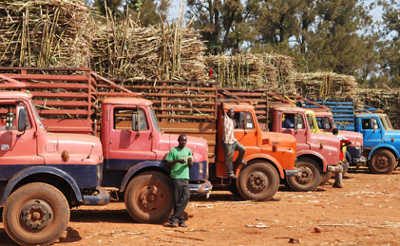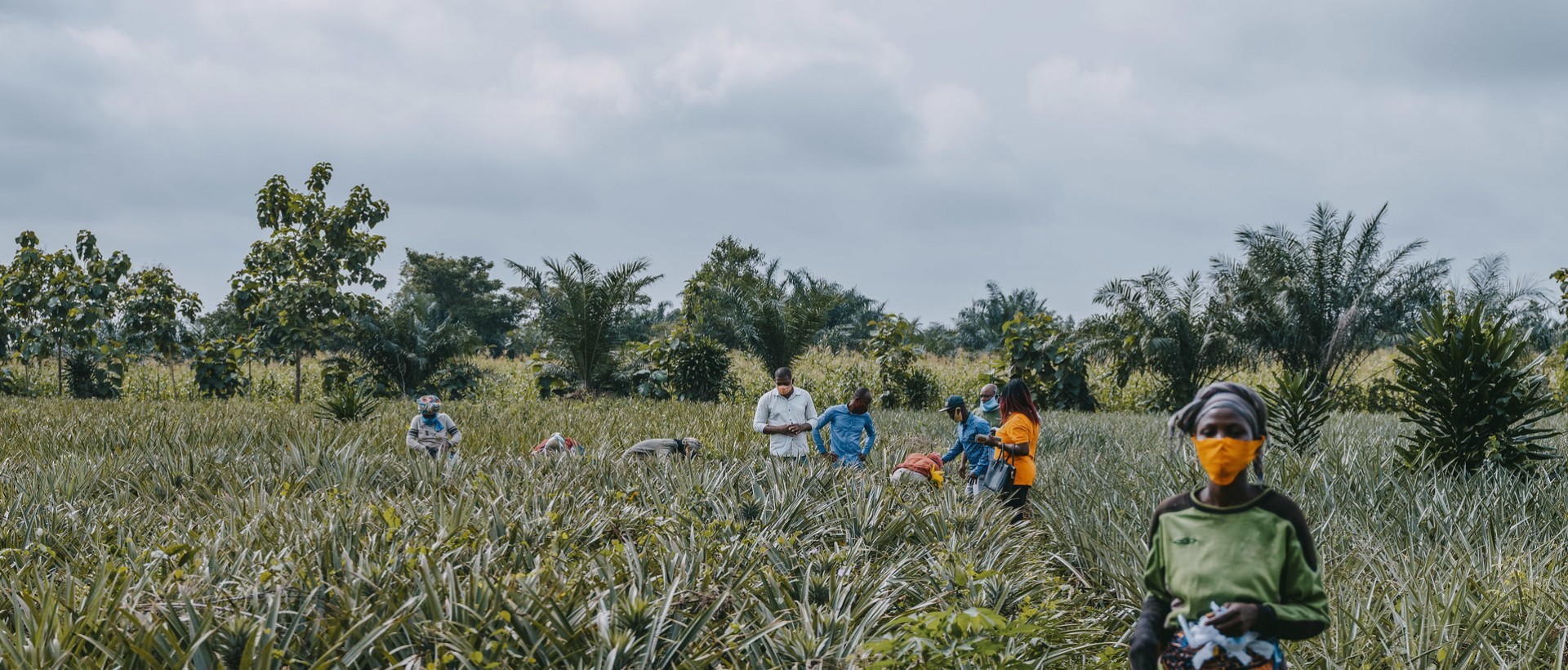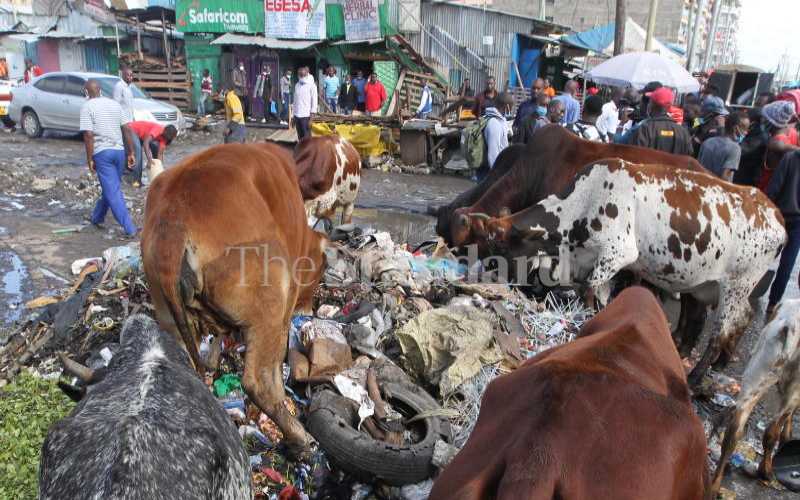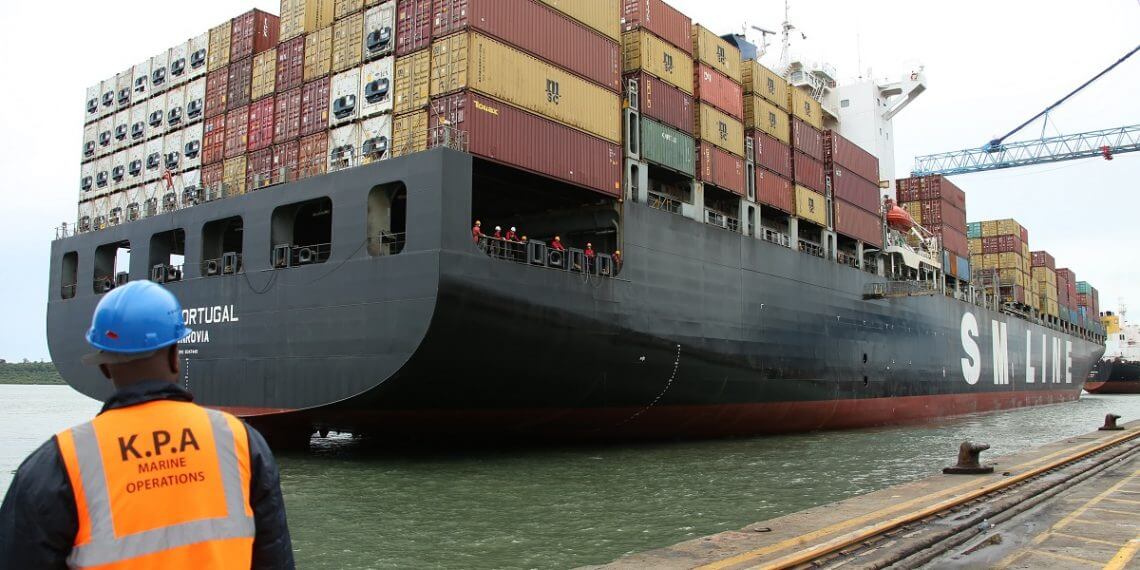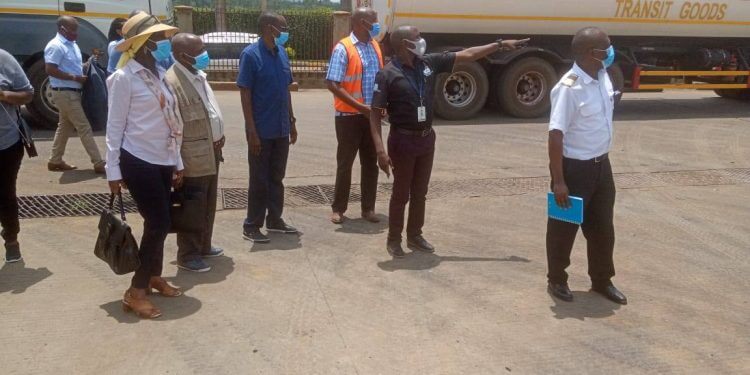The East African region is experiencing unprecedented obstacles to food trade, hurting livelihoods and derailing economic progress. Food insecurity, in its various forms, is one of the most significant challenges facing East African region and the wider Nile Basin member countries. About 140 million people in the basin (or 34 percent of the population of the basin states) are undernourished, with the level of severity varying from country to country, according to the ‘State of the Nile Basin’ report 2012. A rapidly growing population, coupled with increasing urbanisation and climate change, point to a worsening food security situation. Trade is usually one of the ways by which countries meet their food requirements, beyond what they can produce locally. The region possesses immense untapped potential not only to meet its own food needs but also to grow extra food to support other counties and use proceeds to improve the economies of the region. This potential to use food trade between member countries of the Nile Basin, however, faces numerous challenges. Several studies carried out on the subject of food security point to the low levels of production within member countries and generally much of Africa, as the most significant impediment to food trade. Too little is produced, leaving households with nothing left for sale. In Uganda, for example, one of the major food producers in the region, subsistence farming still accounts for more than 50 percent of the country’s farming households, according to the Uganda Census 2014. Lack of investments and...
Barriers to trade a great danger to food security in the region
Posted on: April 27, 2021
Posted on: April 27, 2021

